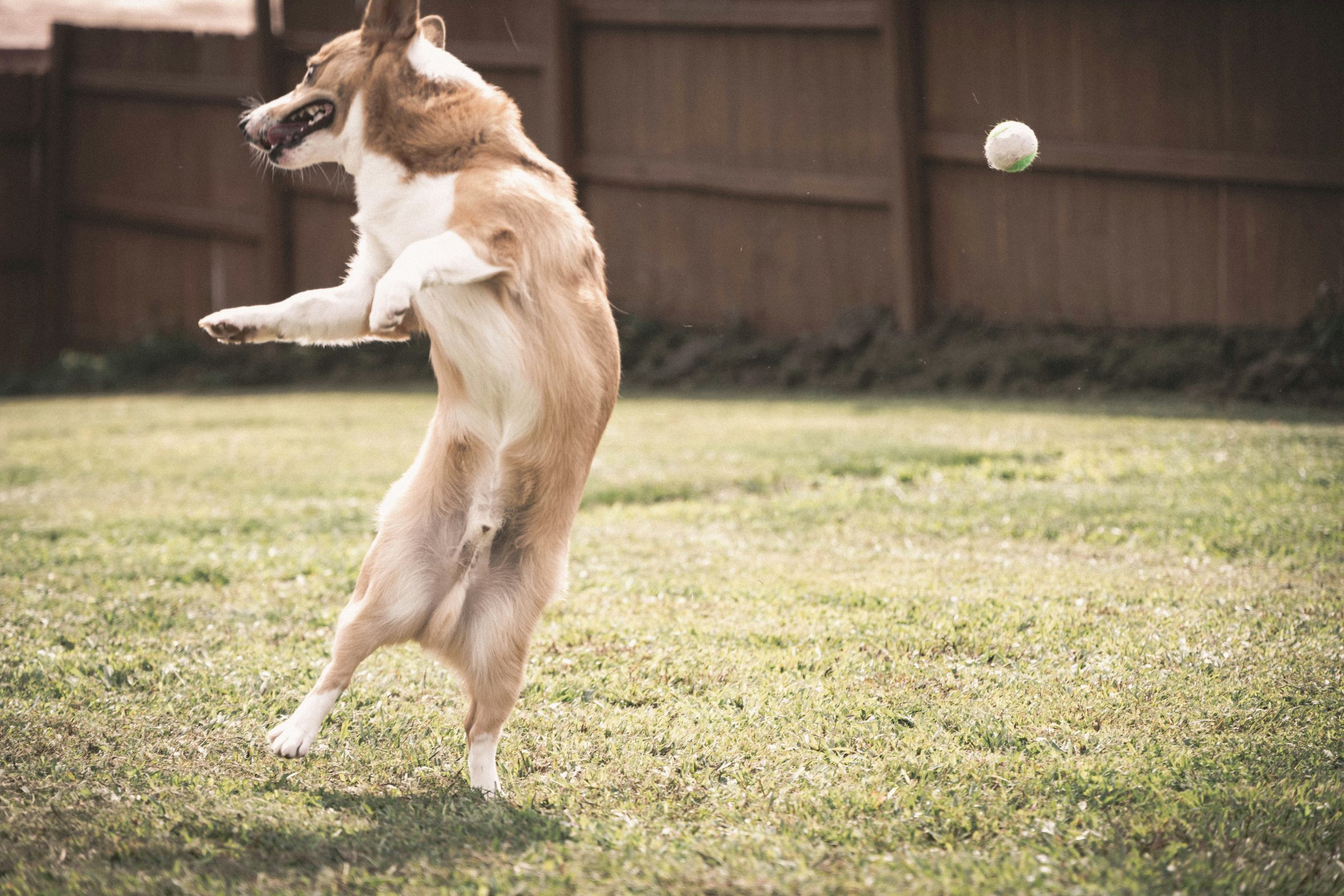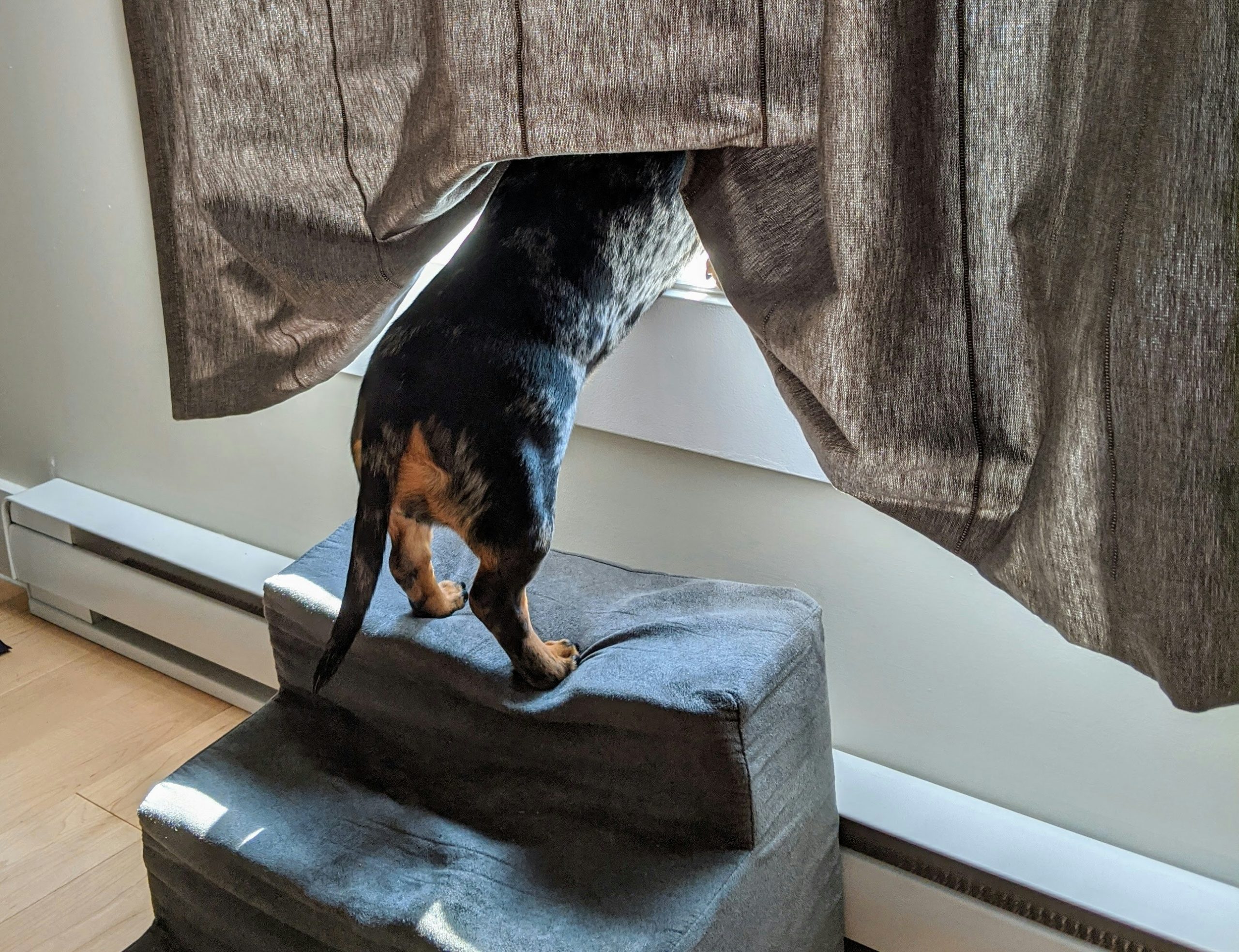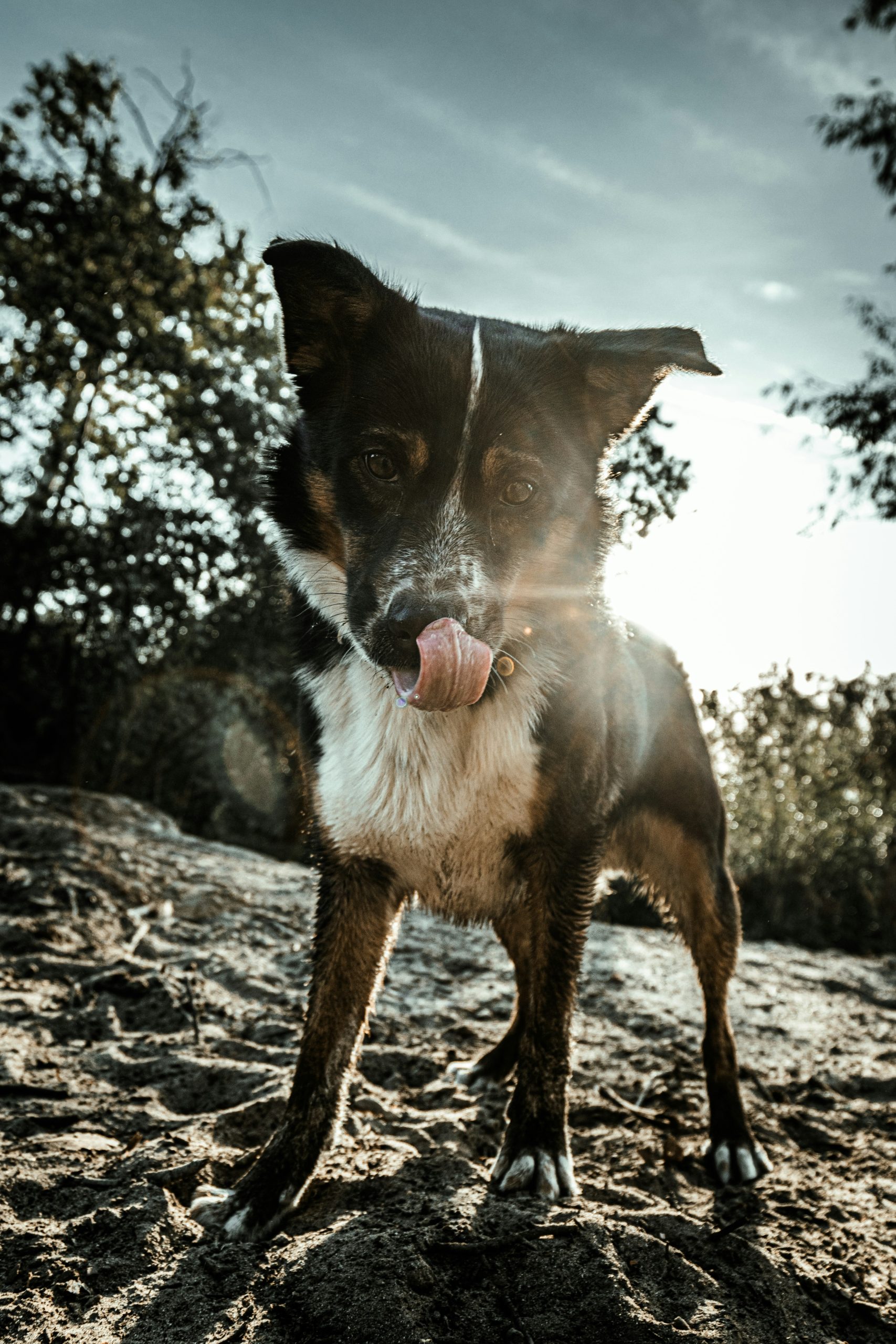Natural Solutions for Dog Anal Gland Problems: A Holistic Approach
Home Remedies for Anal Gland Issues in Dogs: Discover effective and natural ways to manage anal gland problems in dogs, including the importance of diet, safe home remedies, and the benefits of consulting a holistic vet.
Introduction to Home Remedies for Anal Gland Issues in Dogs
Anal gland problems are prevalent among dogs and can cause discomfort, foul odor, and even potential health issues if left untreated. These problems often manifest through symptoms like scooting, licking, and difficulty sitting, indicating the need for intervention. Home remedies stand as a reliable and safe alternative for dog owners to address dog anal gland issues effectively. By exploring natural solutions, pet owners can alleviate their dog’s discomfort and promote better anal gland health without resorting to invasive procedures.
Understanding the root causes of anal gland problems is vital for tailoring the right remedies to each dog’s unique situation. Factors such as diet, exercise levels, and overall health play crucial roles in the development and management of these issues. For instance, dietary fiber deficiency can contribute to anal gland complications, making it essential to incorporate high-fiber foods into a dog’s diet. By delving into the specifics of a dog’s condition and lifestyle, pet owners can make informed decisions on which home remedies to employ for optimal results.
What Are Anal Glands in Dogs?
Anal glands are small sacs located near the anal opening of dogs, playing a crucial role in their communication and scent marking behaviors. These glands contain a smelly liquid that is released when dogs defecate or experience excitement or fear, aiding in marking their territory. When functioning properly, anal glands help dogs communicate with other animals through their unique scent. However, issues arise when these glands become impacted or infected, leading to discomfort and potential health problems for the dog.
For example, certain breeds, especially small ones, are more prone to developing anal gland problems due to their anatomy and size. Breeds like Chihuahuas, Dachshunds, and Pugs are known to have a higher incidence of anal gland issues compared to larger breeds like Labradors or Golden Retrievers. Therefore, understanding the anatomy and function of anal glands in dogs is essential for pet owners to recognize and address any potential problems promptly.
Signs and Symptoms of Anal Gland Issues
Identifying the common signs and symptoms of anal gland issues in dogs is vital for pet owners to address potential problems promptly and effectively. Apart from the classic signs like scooting, licking, biting at the rear end, and difficulty sitting, dogs may also exhibit behavioral changes when experiencing discomfort related to their anal glands. For instance, dogs with anal gland problems might show signs of excessive grooming or agitation, indicating their distress. These behavioral cues can serve as additional indicators for pet owners to recognize and act upon potential anal gland issues in their furry companions.
Moreover, proactive monitoring plays a key role in detecting anal gland problems early on. It is recommended that pet owners regularly inspect their dog’s anal area for any signs of swelling, redness, or discharge, which could be indicative of underlying anal gland issues. By being vigilant and observant of any changes in their pet’s behavior or physical appearance, dog owners can promptly seek appropriate care and intervention to alleviate discomfort and prevent further complications associated with anal gland problems. Early detection and intervention are crucial in ensuring the well-being and comfort of dogs experiencing anal gland issues.
Importance of Diet in Maintaining Healthy Anal Glands
A well-balanced diet is crucial for maintaining healthy anal glands in dogs. High-fiber foods play a significant role in supporting proper anal gland function by promoting gut health and aiding in natural emptying. For instance, incorporating pumpkin, sweet potato, and rice bran into a dog’s diet can provide the necessary fiber content to prevent anal gland issues and reduce inflammation. Moreover, fiber-rich ingredients like apples and carrots not only support digestive health but also contribute to the overall well-being of a dog’s anal glands by ensuring regular and comfortable emptying.
In addition to fiber, the moisture content of a dog’s diet is equally important for anal gland health. Foods with adequate moisture help in maintaining proper stool consistency, which is essential for the natural expression of anal glands. A diet that lacks moisture can lead to constipation, resulting in firmer stools that may not effectively stimulate the emptying of the anal glands. Therefore, pet owners should consider incorporating wet or raw food options into their dog’s diet to ensure optimal hydration levels and support the overall health of their anal glands.
Safe Home Remedies for Managing Anal Gland Problems
When it comes to managing anal gland problems in dogs, safe home remedies can play a significant role in alleviating discomfort and promoting overall anal gland health. One effective method is the use of warm compresses, which can help soothe any discomfort your dog may be experiencing and facilitate the natural expression of the anal glands. By applying a warm compress to the anal area, you can help reduce inflammation and encourage the glands to empty properly, relieving your dog from potential discomfort.
In addition to warm compresses, incorporating prebiotics into your dog’s diet can be beneficial in supporting a healthy balance of gut flora. By promoting the growth of beneficial bacteria in the digestive system, prebiotics help maintain gut health, which in turn can contribute to preventing anal gland issues. For example, including prebiotic-rich foods like bananas or oats in your dog’s diet can aid in the overall well-being of the digestive system, potentially reducing the likelihood of anal gland problems.
Furthermore, regular exercise is not only essential for your dog’s overall health but also plays a crucial role in maintaining proper anal gland function. Physical activity helps stimulate the muscles around the anal glands, promoting natural emptying and preventing the build-up of secretions that can lead to issues. Whether it’s daily walks, playtime, or engaging in interactive activities, ensuring your dog gets enough exercise can support their anal gland health and contribute to their overall well-being.
Consulting a Holistic Vet for Natural Approaches to Anal Gland Health
When considering the management of anal gland issues in dogs, consulting a holistic veterinarian can offer a tailored and natural approach to addressing these concerns. Holistic veterinarians, such as Dr. Stanley Rubin, Dr. Jodie Gruenstern, and Dr. Alex Gallagher, have extensive experience in integrating alternative and complementary therapies to promote overall well-being in pets. These professionals go beyond conventional treatments to focus on the root causes of anal gland problems and develop holistic solutions that encompass the dog’s diet, lifestyle, and emotional well-being.
For example, Dr. Rubin, known for his expertise in holistic veterinary care, emphasizes the importance of probiotics in supporting a healthy gut microbiome, which can directly impact anal gland health in dogs. By recommending probiotic-rich foods like kefir, holistic vets aim to restore the balance of beneficial bacteria in the digestive system, aiding in proper anal gland function and reducing the likelihood of impaction or inflammation. Additionally, Dr. Gruenstern advocates for a raw diet supplemented with bone content to promote firm stools, which can facilitate the natural emptying of anal glands during bowel movements, ultimately preventing discomfort and complications. The holistic approach offered by these professionals not only targets the symptoms but also addresses the underlying issues to support long-term anal gland health in dogs.
Conclusion on Effective Management of Anal Gland Issues
In conclusion, when it comes to managing anal gland issues in dogs, a holistic approach that encompasses proper diet, exercise, and natural remedies is essential for optimal results. For instance, incorporating high-fiber foods such as pumpkin, sweet potato, and flaxseed into your dog’s diet can help promote gut health and aid in the natural emptying of the anal glands. These fiber-rich ingredients not only support overall digestive health but also contribute to reducing inflammation and discomfort associated with anal gland problems. Additionally, ensuring that your dog receives adequate moisture in their diet is crucial for maintaining healthy anal glands, as dehydration can worsen the condition and lead to further complications.
Seeking professional advice from a holistic vet is highly recommended to tailor a specific treatment plan that addresses your dog’s individual needs. Holistic veterinarians, such as Dr. Stanley Rubin, emphasize the importance of natural remedies like probiotics found in kefir to maintain a healthy balance of gut flora, which in turn benefits the health of anal glands. These probiotics can aid in preventing anal gland issues by supporting a robust immune system and proper digestion. Furthermore, a raw diet that includes bone content can be beneficial in promoting firm stools, thus reducing the risk of anal gland problems and ensuring the overall well-being of your canine companion. By collaborating with a holistic vet, you can explore a comprehensive approach that not only treats but also prevents anal gland issues, fostering a healthier and happier life for your dog.



